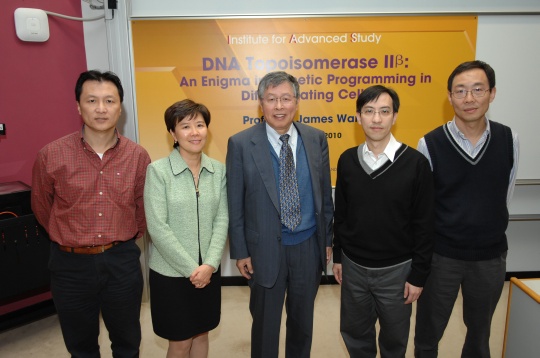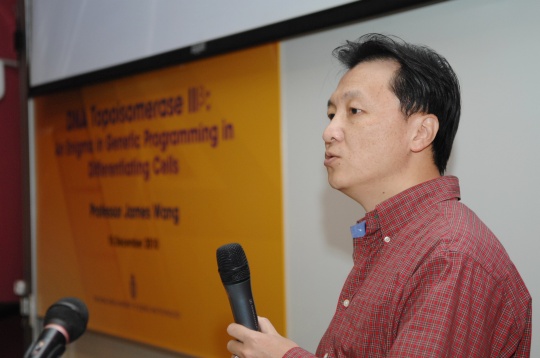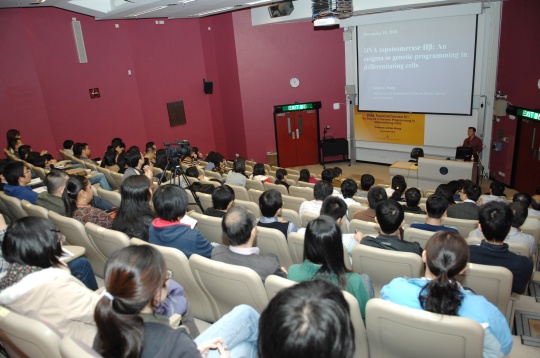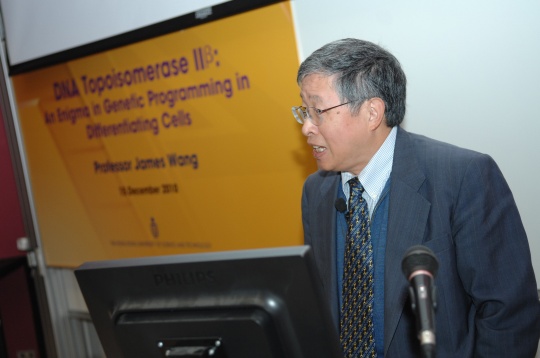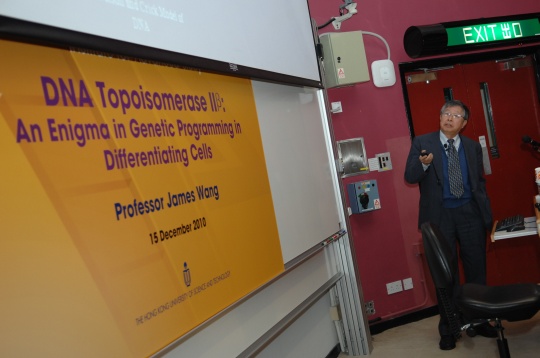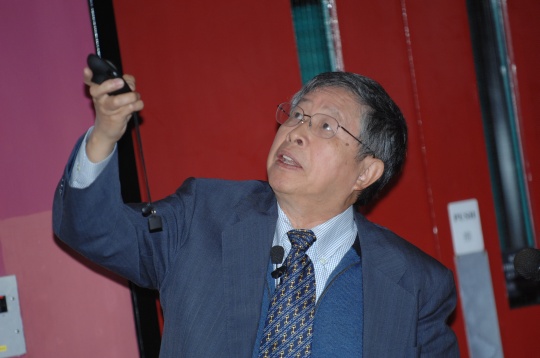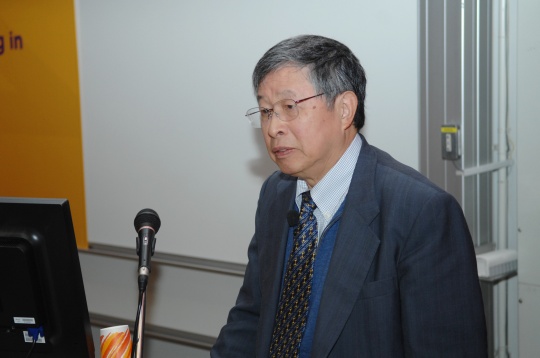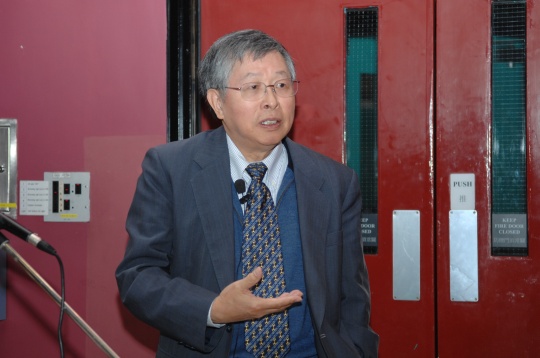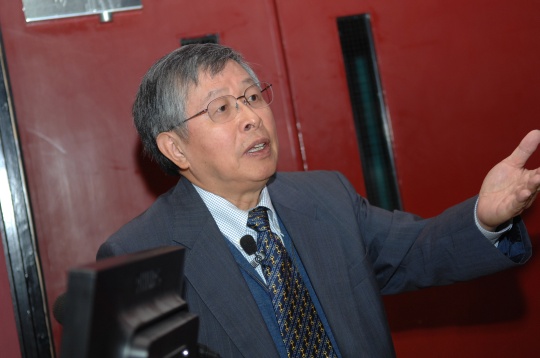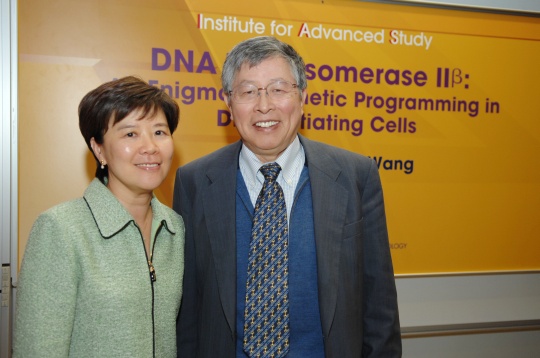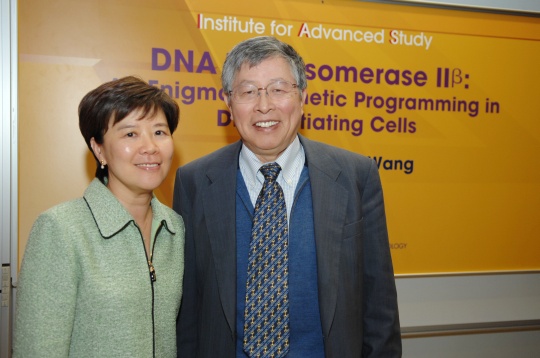DNA Topoisomerase IIß: An Enigma in Genetic Programming in Differentiating Cells
Abstract
DNA topoisomerase IIß is a member of the type IIA DNA topoisomerase family that catalyzes the ATP-dependent passage of one DNA double helix through another. Whereas there has been much progress on its reaction mechanism in the past two decades, its function remains largely an enigma. In vertebrates, there are two type IIA DNA topoisomerases: IIa and IIß. The former is associated with proliferating cells, and has a central role in enabling the segregation of entangled chromosome pairs during cell division. The latter, however, is dispensable in proliferating cells but has an important role in differentiating cells. Studies of several mouse knockout models indicate that genetic programming is affected by inactivation of the enzyme in the skin or embryonic brain, but a molecular mechanism connecting the observed effects of the enzyme on gene expression to its known reaction mechanism remains a real challenge. In this presentation, several plausible interpretations based on the present mechanistic understanding of the enzyme are discussed.
About the Speaker
Prof. James C. Wang is an internationally renowned scientist who first discovered deoxyribonucleic acid (DNA) topoisomerases (or local enzymes) and proposed a mechanism of their operation in the 1970s. He also studied the configuration (or topology) of DNA, an approach that proved fruitful in helping to explain how the structure of the double helix coils and relaxes.
Prof. Wang received his PhD from the University of Missouri in 1964. In the same year, he became a research fellow at the California Institute of Technology and remained there until 1966 when he joined the faculty at the University of California, Berkeley. In 1977, Wang left Berkeley to join the faculty at Harvard University. He was named the Mallinckrodt Professor of Biochemistry and Molecular Biology at Harvard University in 1988 and remained at Harvard until his retirement in 2006.
In recognition of his contribution to the academia, Prof. Wang is the holder of many titles and recipient of numerous awards. He was elected a member of Academia Sinica in 1982, a Fellow of the American Academy of Arts and Sciences in 1984, a member of the US National Academy of Sciences in 1986, and an associate member of the Third World Academy of Sciences in the same year.

